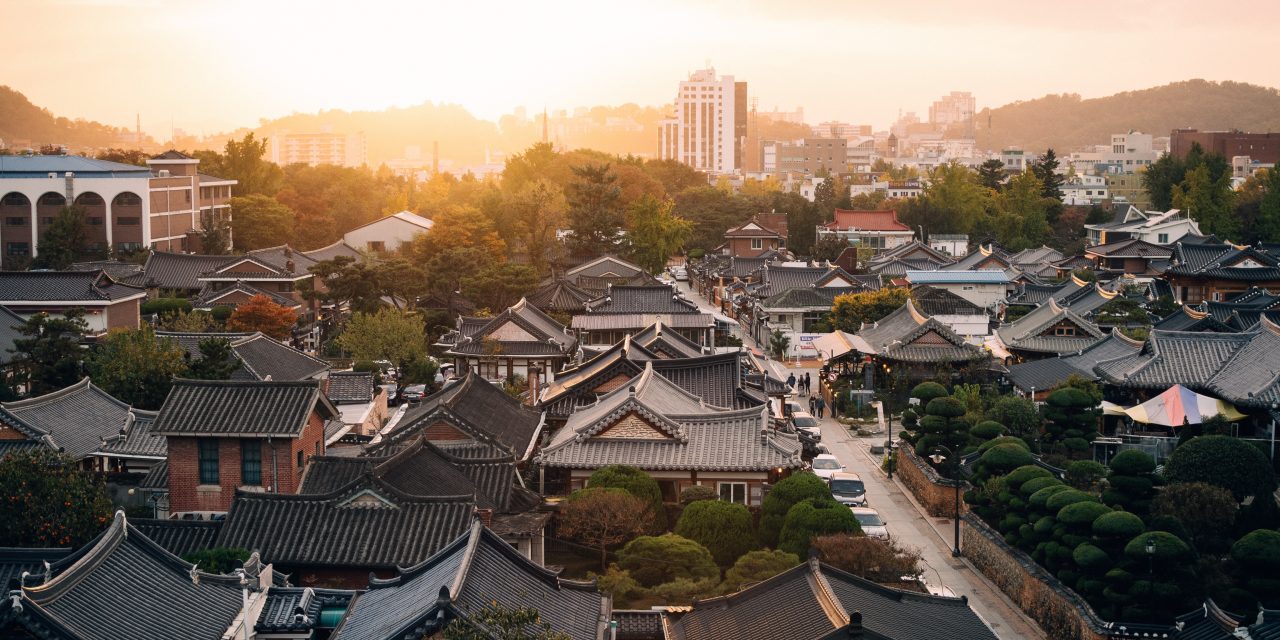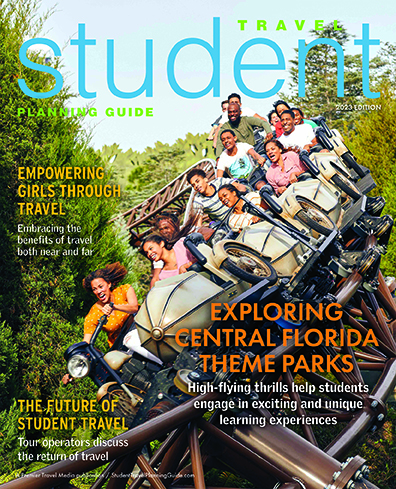If there’s a plan for your students to visit South Korea on the horizon, the experience should be unique even if you have travelled to other Eastern nations in the region. As is always the requirement for any foreign trip, preparations should be made for the trip, well ahead of time. As to what those preparations should be, let’s take a look.
Students May Not Need a Visa to Visit South Korea
Depending on your nationality, you may not even need visa to visit South Korea. For example, a visa is not a requirement for travelling to South Korea if you hold a passport from the US, UK, Canada, or Australia (among others). What you will need instead is a Korean Electronic Travel Authorization (K-ETA) document that has been received, accepted, and approved by the Korea Immigration Authorities. Read more about the visa/ETA requirements based on your nationality and apply online for a smoother experience.
Get Travel Health Insurance
The Korean Immigration Department will ask for a Health Declaration and Verification Document, which they will expect to contain a certificate of traveller’s health insurance. If required, the authorities can make it mandatory for the traveller to provide proof of international medical insurance coverage before they approve the visa or ETA. So, make sure that you and everyone travelling to South Korea with you is sufficiently covered with international medical/health insurance.
Get Your Vaccination Shots
Getting vaccinated against Covid-19 and the flu is recommended, but they are not required by law for travelling to South Korea. However, there are other more serious health risks which can be abated with proper vaccinations before travelling to the region. Check for the availability of vaccines/booster doses against rabies, hepatitis-B, Japanese encephalitis, chicken pox, and diphtheria-tetanus-pertussis in your country.
Be Mindful of the Holidays
There are two primary holidays which may affect your travelling experience in South Korea, although it may not necessarily be a negative experience. Nevertheless, it’s best to know what to expect, when, and where, before planning your itinerary to avoid unexpected inconveniences. Expect massive local crowd surges on the streets and across all major public transport routes during the following times:
Lunar New Year – Huge celebrations that may last for an entire week or more, leading up to the Lunar New Year Day. The date falls on a different day of the Gregorian Calendar each year, so be sure to search for it beforehand. For example, the Korean lunar year began on 22nd January in 2023, but a new lunar year will begin on 10th February in 2024.
Chuseok – The harvest festival of Chuseok is also a homecoming celebration which is held for at least three days every year. As Koreans follow the lunar calendar, the dates will differ every year for Chuseok as well. It will be held from 28th September to 30th September in 2023 and from 16th to 18th September in 2024.
Related: Study Abroad at These Asian Universities
Memorize the Emergency Numbers
South Korea is one of the safer nations in Asia for foreign travelers, so you may not need to use the emergency numbers at all. However, you should memorize them for more or less the same reasons that you do so in your home nation, which is to say for emergencies. Write down the following and memorize them if possible.
- Police – 112
- Fire and Ambulance Services – 119
- Korean Tourist Police and Translations Services – 1330
- Medical Emergencies – 1339
As an added piece of advice, you should also try and become a bit familiar with the public routes and the local pricing, before visiting any particular place in South Korea. That knowledge will help you avoid unnecessarily long taxi rides and the expensive fares that come with those.






